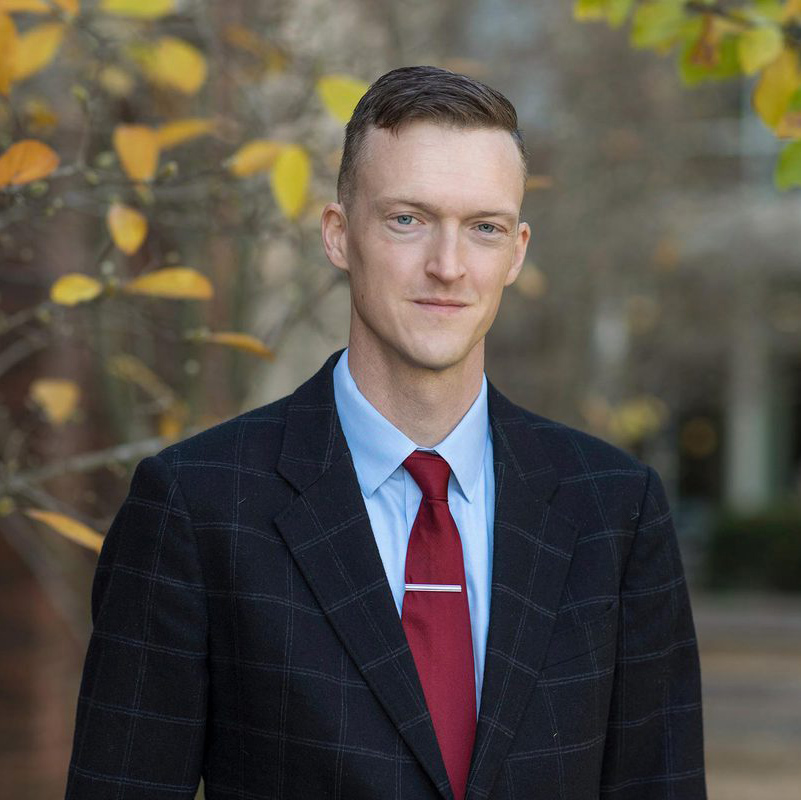In the 80 years since World War II, which ended with the use of two atomic bombs, the world has maintained a tenuous relationship with nuclear weapons.
Philip Potter, professor of public policy at the University of Virginia’s Frank Batten School of Leadership and Public Policy and director of the National Security Data and Policy Institute, said he worries about the current delicate nuclear balance.
“Eighty years of non-use is the product of both good diplomacy and a recognition of the potential consequences,” Potter said. “The fearsome power of nuclear weapons causes countries pause before they use them, but a great deal of work has also gone into nonproliferation and the management of crises to keep them away from the nuclear brink. In some ways the dynamics of the Cold War made managing the potential for nuclear confrontation easier.”
It’s a very different strategic scenario now, where there are nine nuclear powers and less capacity to manage them.

Philip Potter says he sees current circumstances as very different from those at the end of World War II. (University Communications photo)
Potter said scholars have debated the extent to which the nuclear peace has been the result of deterrence, diplomacy, taboos or inspection regimes. But it is clear that nuclear risks from countries like India, Pakistan, Russia and Iran has grown.
Potter noted as the nuclear club grows, the risk increases.
“More leaders, more confrontations, more mistakes, more everything,” Potter said. “On top of that, there’s a change in the system that’s happened as it’s become more multipolar. There are more countries out there that have these weapons and don’t have the old Cold War dynamics to hold them back. The U.S. and Soviet Union were not interested in having their allies rattling nuclear sabers. That has eroded because the world is a different place.”
In this different place, nuclear weapons can give a country such as Russia or North Korea an otherwise undeserved status.
“Russia, except for nuclear weapons, is not a place that anyone would be taking terribly seriously,” Potter said. “This is not a country that would be in the position it is in vis a vis the West and Ukraine, and so you have a mismatch between modes of power that occurs because the weapons persist.”
He said this way, nuclear weapons become a temptation for weaker nations.










